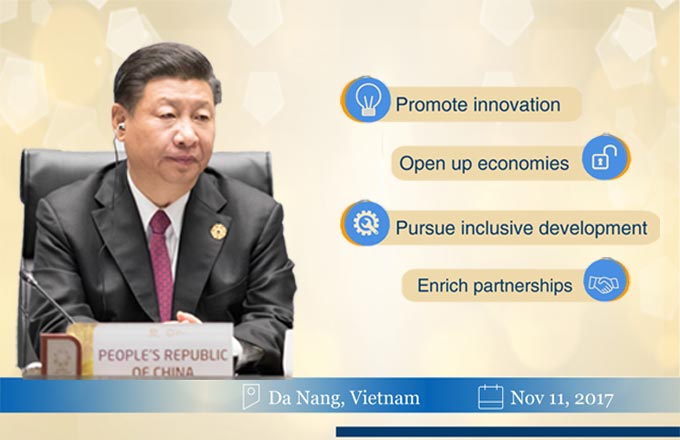Recruiters starting to employ social media
"Recruiters usually receive resumes from people who are interested in the positions very quickly, and they are often a good match with companies' requirements," she said, adding that Bayer started posting job openings on its WeChat subscription service a year ago.
Background checks
Social media has also become a common way for employers to conduct background checks on potential employees, according to recruiters.
"It helps the employer to understand a candidate from several sides, some of which may be different from their resumes or their performance at an interview, which may only tell one side of the story," said Wang Yu, president of Shanghai Yuking Water Soluble Material Tech, which sells its products to pharmaceutical manufacturers in more than 100 countries.
Wang said when they are considering hiring someone for the company's leadership team, he and the recruiters check the candidate's information on search engines such as Baidu and also browse their Weibo posts to gain an insight into their personalities and hobbies.
"It provides an adequate reference to see whether the candidate and our core team will click or not," he said.
Guo Shuang, head of global human resources at Mobike, one of China's largest bike-sharing companies, said her recruiters often add job candidates, especially those for senior positions, to their contacts on WeChat in an attempt to gain a more-rounded understanding of them.
"We will check their posts on the WeChat Moments feed to see their opinions on social affairs and their insights into technical issues in their professional fields," she said, adding that as a company that prefers employees with open minds, Mobike would be cautious about candidates who blocked recruiters from viewing their WeChat Moments.
Guo has encountered a number of these cases, and in some instances the potential employees turned out to be unwilling to engage in interpersonal networking, which could signal that would find it difficult to work for a company that encourages openness, teamwork and brainstorming.
"As a result, if we meet similar people, we try to learn more about them via a range of approaches to see if he or she lacks a sense of security in the workplace," she said.
Contact the writer at [email protected]




























